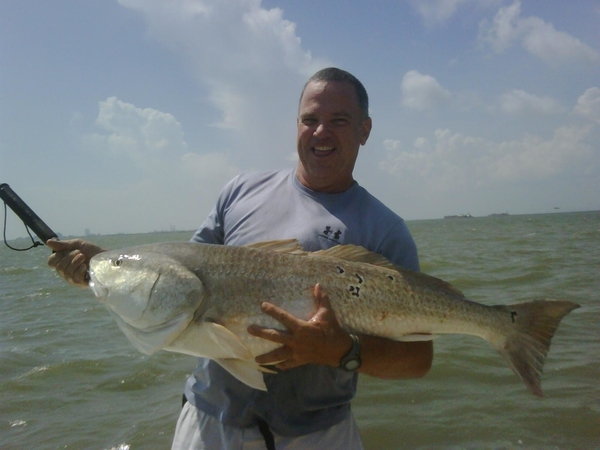"That all said, doesn't it make sense to know what the baseline or average metrics are for your class?"
No. (But, it's harmless to have the info.) A kid three years from graduating HS may - or may not be - physically similar to a kid with a much better stat. (As a 10th grader, S was 5' 5" 130 lbs, throwing 80ish. He hit college at 5' 11" 160 throwing over 90.)
What difference does it make what an average stat is? Your own eyes should be able to distinguish an average player from that top 10% who will play in college.
Skill development may follow an upward trending curve; skill development may come in fits and starts; skill development may even have periods of downward slope. Puberty, maturation, school, family issues, etc., all impact skill development. But the commonality? SKILL DEVELOPMENT! All you can really do is furnish the $$$, transportation, bats/gloves, and support, pushing when needed, backing off when needed. (But if using your time to gather these facts calms you, then do it! Just dont torture your son with it.)
"And, if you're not close to being average, then don't waste your time thinking about playing in college?"
Are you saying that if a kid doesnt have enough baseball skills to play in college he should not play HS? Obviously not. So, what difference does it make to your son if an average kid is trying his heart out to get better?
"Also, if you're far better than average in your class, wouldn't it then make sense to showcase and get yourself on the radar out there?"
Assume there is a kid in the mythical top 10% of HS baseball skills. No doubt he got there with lots of help of various coaches - private, HS, travel, batting cage, etc. The entire recruiting system is designed to inform colleges/scouts about that kid and the system uses these sources as feeders of information to find that kid. NO KID WITH THOSE SKILLS GOES UNLOOKED AT; EVERY MEMBER OF THE ECOSYSTEM OF BASEBALL SKILL DEVELOPMENT IS INCENTIVIZED TO PASS HIS NAME TO THEIR RESPECTIVE CONTACTS. (That's how they get and keep customers. So, it's in their interest to get a qualified kid recruited.)
There are many paths/options for a player to be "found." Showcases, travel ball, camps, HS, and more. It's not the exposure which creates interest; it's the combo of baseball skills and academics. If a kid has those, he will be found. (My undersized son didn't play any significant travel ball - ever; never attended a showcase; went only to a local D1 camp (×1), HF (×3), and Stanford (×2). He had personal lessons in the backyard of the local guru (three years, multiple times/wk), played two years of fall scout ball, and HS ball on a team which stuggled to field 9. He was recruited by literally dozens of schools and was drafted out of HS. )
Focus on what you can control - which are academics and baseball skill building. Research the rest to give you peace of mind (which has alot of value), but try not to get caught up in the perpetual fire drill anxious parents go though.) (Which I went through, btw.)
It's really actually (in hindsight) very simple: (1) identify acceptable academic schools (go deep here as some schools treat their athletes as a subset of students, while other schools dont cut athletes any academic slack and thereby allow no academic "escape"), (2) identify schools where your S's baseball skills give him a legit shot for playing time. The points of intersection are the pond - once identified, figure which type of rod, bait, etc., is needed. There won't just be one school at the intersection- there will be many.
Also, FWIW, kids' tastes in potential colleges evolve. For us, S found NY city intimidating when he visited in 10th grade. That knoocked out any school in NYC. As a senior, he wished he had given NYC a greater chance. That's one reason a kid should visit as many types of colleges (big, little, city, rural, near, far) possible - to expose him to all and let him choise wisely.



